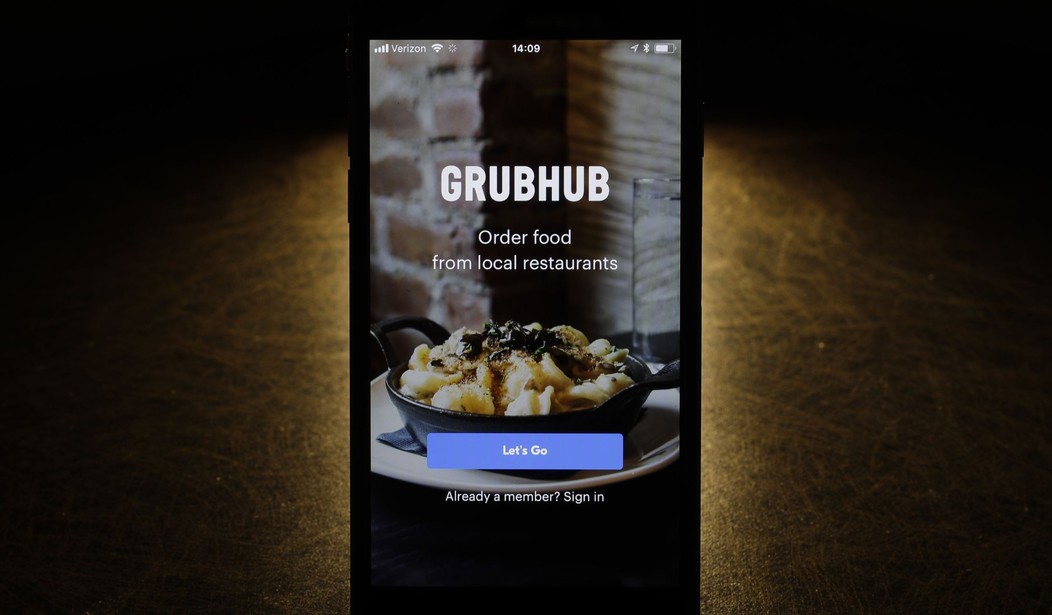On March 30, President Trump announced that Coronavirus-related “social distancing” was here to stay, including advisories to avoid all non-essential travel. As the number of potential infections in the United States climbs past 600,000, more Americans are willing to limit themselves to their homes.
What was carelessly labeled a passing bug is now definitively a pandemic which has skyrocketed out of control. And, due to significant public health risks, it is becoming increasingly essential that people across the globe use the resources at their disposal to contain themselves and prevent infection.
One strategy to avoid leaving the house is to utilize one or more of the countless food delivery apps that have soared in popularity over the past few years. Amid the COVID-19 pandemic, companies such as DoorDash, UberEats, and Postmates have made the effort to drastically limit the risk of Coronavirus for those choosing to eat out. In a time of crisis, these companies (and others) have taken it upon themselves to serve the greater good and offer their services to consumers, employees, and small business owners to help fulfill the needs and cravings of millions.
For example, UberEats has waived delivery fees for more than 100,000 independent restaurants. Seamless has started a similar program to aid restaurants owners during these trying times. Meanwhile, Postmates kickstarted an initiative called the Postmates Fleet Relief Fund, granting credit to be paid forward for delivery drivers’ healthcare costs and preventative care expenses. In nearly all cases, delivery companies have granted a clear conscious to consumers by sending out advisories to drivers to limit contact with food items. Most have also created no-contact deliveries, allowing drivers to leave food at the door and limit interactions with consumers.
Recommended
This crisis has shown that faceless, “callous” companies are willing to do their part to serve those struggling to cope with the Coronavirus pandemic. Most notably, Uber has offered 10 million free rides and deliveries through their “Move What Matters” campaign in March. These charity rides and deliveries are primarily being provided to healthcare workers (deemed as “essential workers”) as well as seniors and the needy.
Cynics will likely point out that there is a marketing aspect to this entire affair. Company charity drives and not-for-profit programs amount to positive PR for businesses and often serve to bolster bottom lines. In addition to the tax benefits gleaned from providing monetary donations, cutting delivery fees and/or offering free rides allow companies the chance to shine in the limelight.
But don’t look a gift-horse in the mouth. Millions of doctors, nurse practitioners, and laboratory technicians are benefiting from these campaigns, as are tens of millions of “non-essential” employees and students dining at home. Immediate motives aside, countless struggling Americans are benefiting from these businesses’ brazen brainstorming.
Furthermore, these encouraging case studies provide a cautionary tale for inefficient management structures. While food delivery services have managed to successfully integrate themselves and change with the times, grocery delivery services such as Instacart and Amazon’s delivery services have been less successful. Worker strikes have erupted in response to owners’ failures to properly address employee concerns over infection. Some have paraded this as an example of the free market’s failure to control itself in times of crisis. In reality, no true free market can sustain impractical or ill-conceived business models. If these businesses are unable to compete, either managerial changes will have to be made to keep them afloat or other companies will rise to take their place.
During this terrible time, it is essential that Americans use all tools (and apps) at their disposal to protect themselves from the Coronavirus outbreak. And now more than ever, policymakers should keep markets vibrant and free to do what they do best: provide valuable goods and services to consumers.
Be sure to follow CDC guidelines and feel free to take heed and use any of the food delivery services on the market to help restaurants as they experience difficult financial times.

























Join the conversation as a VIP Member